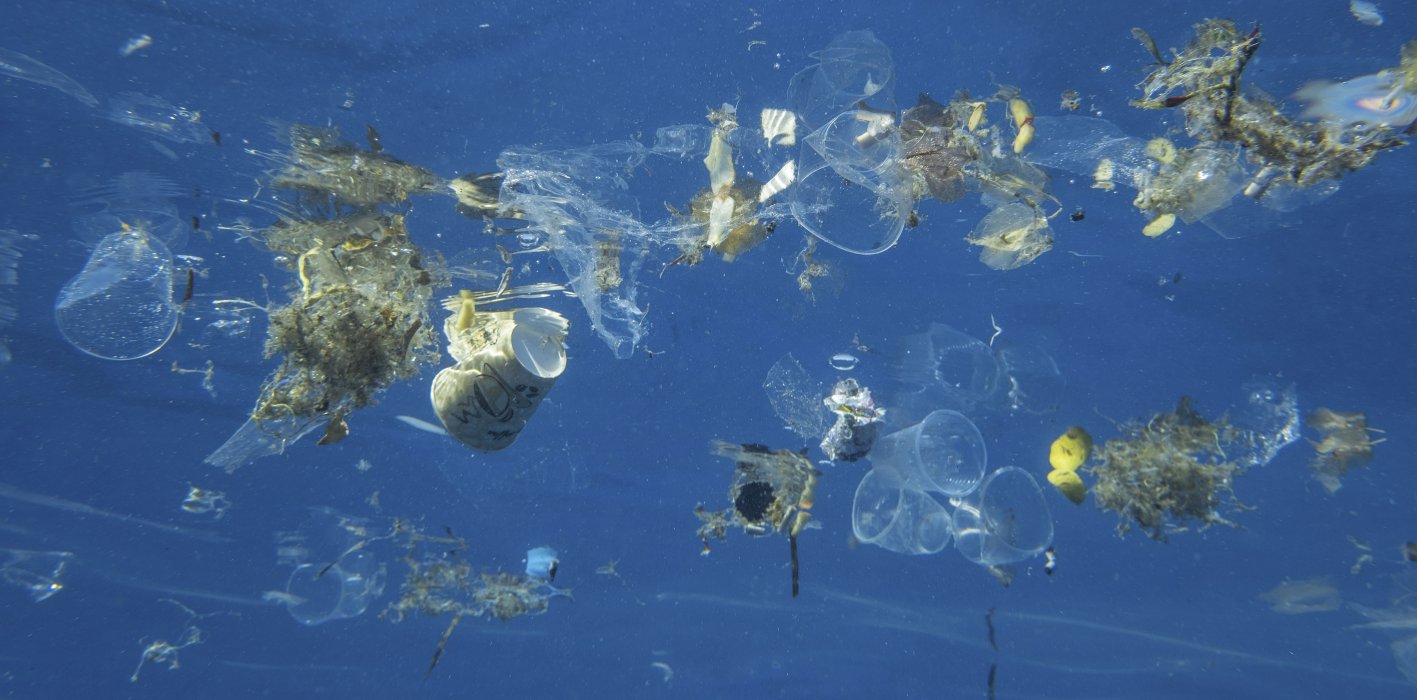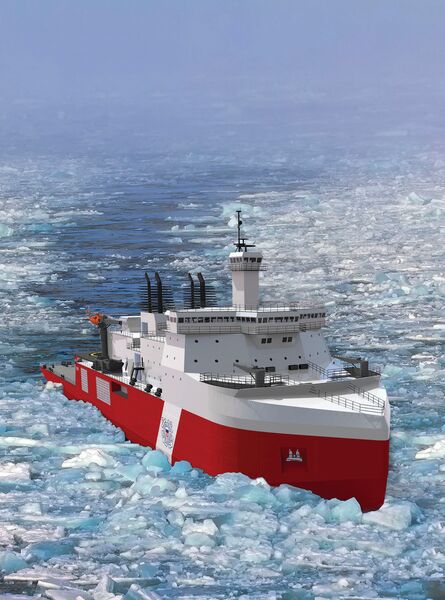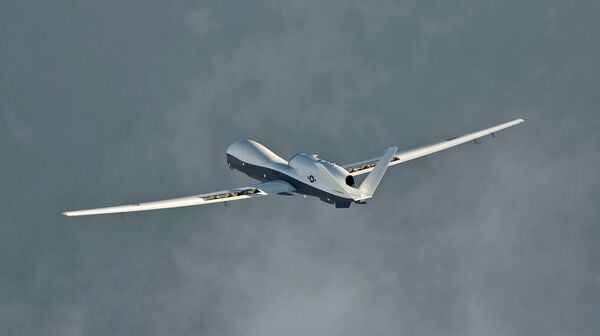- About
- Intara
- Capabilities
- Advisory
- Resources
- News
- Store
Organised crime moves into plastic-waste sector
17 November 2020
by Eric Randolph
The huge increase in the sale and transport of waste plastic has created lucrative and varied opportunities for unscrupulous businesses and organised crime groups (OCGs) to exploit. With the plastics industry continuing to grow and international trade routes for waste becoming increasingly complex, law enforcement agencies (LEAs) face major challenges in monitoring and tackling the problem, while also facing mounting political and civil society pressure for effective action.
The global market for recycled plastics was valued at USD32.6 billion in October 2019 by Dublin-based Research and Markets and was set to rise to USD37.9 billion by 2024. The tightening of international regulations around waste generally, and plastics in particular, is creating a booming demand for waste-management facilities globally but raises the cost of doing so legally and effectively. This is creating major incentives for criminals to become involved in the sector.
In a report published on 27 August 2020, Emerging criminal trends in the global plastic waste market since January 2018

US Navy urged to show greater support for Arctic-related investments
17 April 2024
by Michael Fabey


The US Navy is the contracting agent for the US Coast Guard's Polar Security Cutter. (VT Halter/Marine Technology Associates)
Alaskan Senator Lisa Murkowski asked US naval officials to show “robust” support for platforms and facilities for Arctic-related operations on 16 April during a Senate Appropriations Committee (SAC) hearing.
In particular, Murkowski asked for greater support for the US Coast Guard's (USCG's) Polar Security Cutter (PSC) programme and the effort to create a naval port facility in Nome, Alaska.
“I've been trying to get [the] coastguard going with the Polar Security Cutter and I've been frustrated on many levels,” she said, noting the US Navy (USN) is the official contract agent for the joint programme.
She said she wanted USN commitment that it is backing the programme.
“It doesn't help that in the president's [Fiscal Year 2025] budget [request] there's no money for the Polar Security Cutter,” she said. “I'm nervous.”
The country needs “assets that will break the ice. We can't hope subs will poke a hole through that a ship will able to move through. That's not how it works”, Murkowski said.
US Navy begins European Triton operations
17 April 2024
by Gareth Jennings


A file photo of a Triton UAV. The US Navy HALE UAV has joined the US Air Force Global Hawk and NATO Phoenix UAVs now operating out of Sigonella in Italy. (US Navy)
The US Navy (USN) has commenced operations of its Northrop Grumman MQ-4C Triton Broad Area Maritime System (BAMS) in the European theatre, with the first unmanned aerial vehicle (UAV) departing Naval Air Station (NAS) Sigonella in Sicily for its first sortie on 17 April.
The milestone was logged by online flight tracking services about two weeks after the USN announced in late March that the first of an undisclosed number of UAVs had arrived in its Sixth Fleet area of operations.
Derived from the Block 30 RQ-4N naval variant of the RQ-4 Global Hawk high-altitude long-endurance (HALE) UAV, the Triton has been developed to provide the USN with a persistent maritime intelligence, surveillance, and reconnaissance (ISR) capability in support of a full range of military operations that includes signals intelligence, communications relay, and search and rescue.
US Navy secretary tells senate committee shipbuilders need to invest more
17 April 2024
by Michael Fabey


HII has made capital expenditure investments at its shipyards, including Newport News Shipbuilding, shown here. (Janes/Michael Fabey)
US shipbuilders should invest more money in their facilities to help the US Navy (USN) meet fleet requirements, USN Secretary Carlos Del Toro testified on 16 April to the Senate Appropriations Committee (SAC).
“Shipyards are not making enough of a contribution,” Del Toro testified during the SAC hearing on navy posture, pointing out that while the USN has invested billions in shipbuilding plans, shipbuilders have been using money to buy back stock in their own companies.
“We need them to invest in their own shipyards,” Del Toro said.
Senator Jon Tester, chairman of the SAC defence subcommittee, also blasted shipyards during the hearing for “buying back stock before investing in their shipyards”.
Del Toro previously had commented on the need for shipyards to invest more in their own facilities, but shipyard officials for HII and other major yards have publicly noted capital expenditure (CAPEX) funding in their facilities in recent years.
“HII's CAPEX funding is over USD1.5 billion for the two shipbuilding yards, from 2019 to 2023,” HII noted to Janes
The huge increase in the sale and transport of waste plastic has created lucrative and varied opport...
Latest Podcasts
Iran Israel analysis
In this podcast Janes analysts discuss the Iranian attacks on Israel on the 14 April. They highlight the military systems used by Iran and the performance and impact of these on Israel. They also discuss the implications of this attack goi...
Listen nowJanes Case Studies
Using Janes Intara to build a common intelligence picture: Russian build up on the Ukrainian border
View Case StudyNews Categories
 Security Details
Security Details